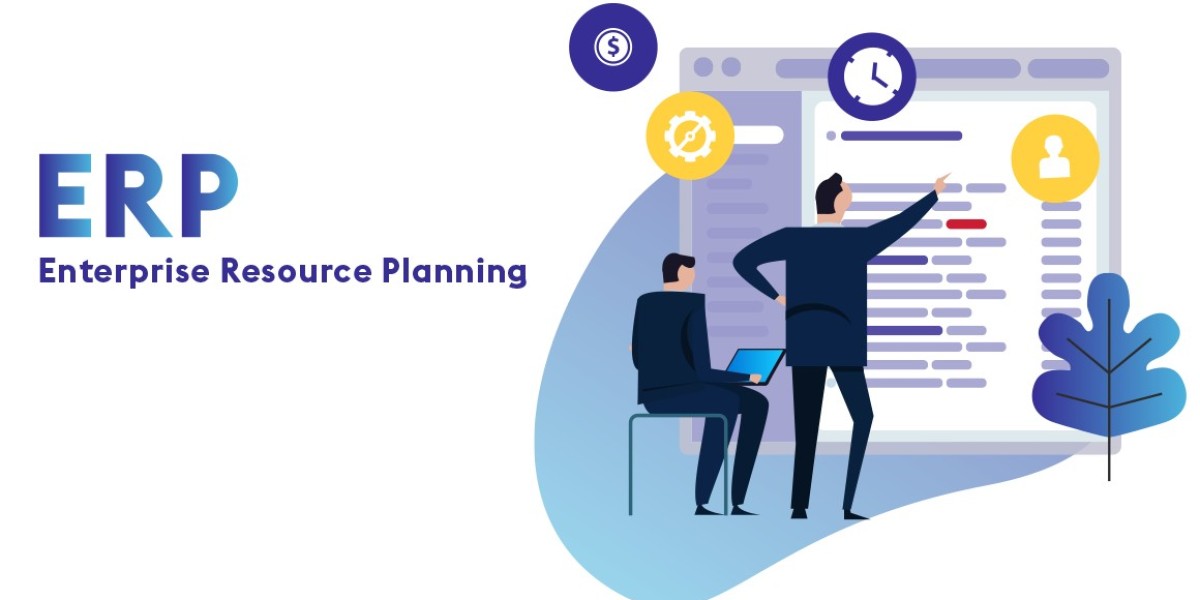Enterprise Resource Planning (ERP) solutions are the backbone of modern businesses, offering comprehensive tools to streamline operations, enhance productivity, and drive growth. In this article, we will delve into the world of ERP solutions, exploring what they are, their key components, benefits, and how they transform the way organizations operate and ERP implementation.
Section 1: Understanding ERP Solutions
1.1. What are ERP Solutions?
Definition of ERP solutions.
Their role in managing and integrating critical business functions.
1.2. Key Components of ERP Solutions
Overview of the core modules such as finance, human resources, manufacturing, sales, and supply chain.
Customization and scalability options.
Section 2: Benefits of ERP Solutions
2.1. Streamlined Operations
How ERP solutions automate and optimize routine tasks.
The impact on reducing operational costs and human errors.
2.2. Enhanced Decision-Making
Access to real-time data and reporting.
Improved analytics and data-driven insights for informed decision-making.
2.3. Improved Customer Service
How ERP systems help in managing customer data, order history, and preferences.
Personalization and quicker issue resolution for better customer service.
Section 3: Industry-Specific ERP Solutions
3.1. Manufacturing ERP Solutions
How ERP solutions cater to the unique requirements of manufacturing businesses.
Features like production planning, quality control, and shop floor management.
3.2. Retail ERP Solutions
Overview of ERP solutions tailored for the retail industry.
Features including inventory management, point of sale (POS), and omnichannel support.
3.3. Healthcare ERP Solutions
The specialized ERP needs of healthcare organizations.
Modules for patient data management, billing, and compliance with healthcare regulations.
Section 4: Choosing the Right ERP Solution
4.1. Assessing Business Needs
The importance of conducting a needs assessment.
Identifying specific challenges and requirements.
4.2. Vendor Selection
Criteria for selecting an ERP vendor.
Comparing features, scalability, support, and cost.
Section 5: Implementation and ROI
5.1. ERP Implementation Process
A brief overview of the typical stages of ERP implementation.
The importance of effective project management.
5.2. Measuring ROI
Key performance indicators (KPIs) for assessing ERP success.
How to calculate and maximize the return on investment.
Section 6: Challenges and Best Practices
6.1. Common Implementation Challenges
Identifying potential roadblocks and pitfalls.
Strategies to overcome them.
6.2. Best Practices for ERP Implementation
Ensuring a smooth implementation process.
Tips for change management and user training.
Conclusion:
In a rapidly evolving business landscape, ERP solutions serve as indispensable tools for managing operations, making informed decisions, and staying competitive. By understanding the components, benefits, and industry-specific applications of ERP solutions, organizations can harness their power to streamline processes, enhance efficiency, and achieve business success.








